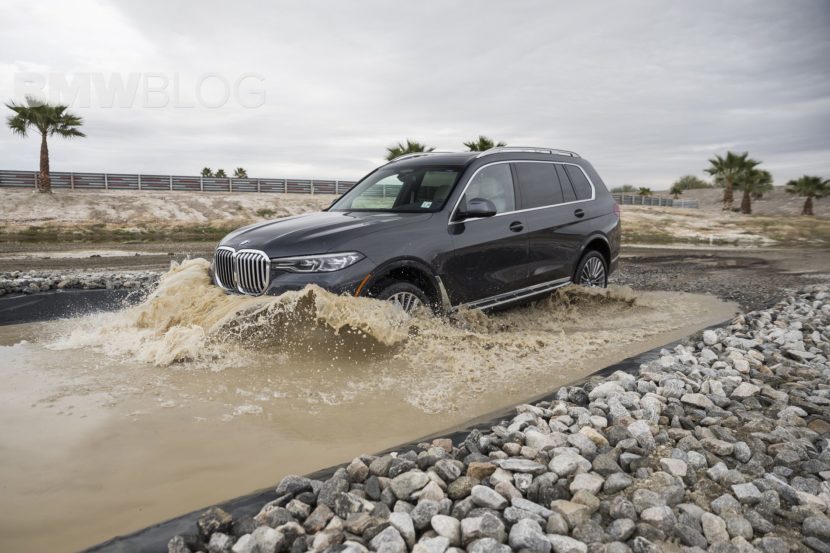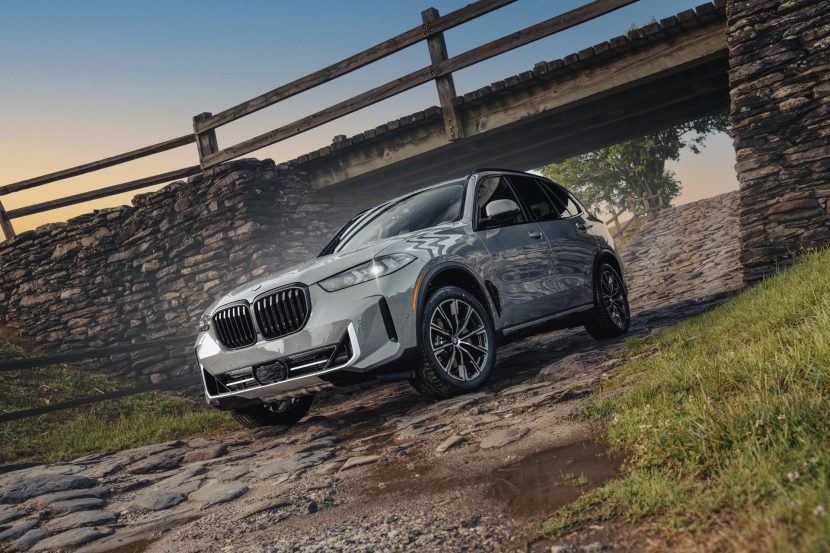According to sources, the brand is actively exploring a range of new off-road–style products that would complement the ongoing “BMW Rugged” project. While none have received final approval, discussions inside Munich suggest that BMW sees real potential in the growing adventure crossover and SUV market.

The Rugged project—BMW’s most concrete step toward an off-road-focused vehicle—remains under review but is said to be progressing through the approval process. If greenlit, the vehicle is slated for a global market debut in 2029. Positioned as BMW’s answer to the Land Rover Defender, the Rugged would mark a dramatic shift from the brand’s current SUV range, blending traditional BMW luxury with legitimate trail-ready engineering.
But Rugged may not be the only player. BMW is reportedly evaluating whether more mainstream models—such as the X1, X3, X5, and X7—could see their own adventure variants.

What remains unclear is whether BMW will pursue standalone off-road models, differentiated significantly from their base SUV siblings, or follow the path of enhanced “adventure packages” similar to what some brands have offered in the past. For example, the smaller X1 or X3 could be adapted into rugged offshoots, either as part of a facelift cycle or in their next-generation redesigns. Meanwhile, the larger X5 (scheduled for a 2026 launch) and X7 (2027) present fresh opportunities for BMW to incorporate adventure-focused trims from the ground up.
The inspiration for these projects is clear: rivals are already carving out space in the adventure segment. Rivian has successfully positioned the R1S as a purpose-built electric adventure SUV, with the smaller R2 and R3 models on the horizon. Similarly, Hyundai’s Ioniq 5 XRT and Ford’s Mustang Mach-E Rally highlight how mainstream brands are leaning into ruggedized, lifestyle-focused EVs.



















